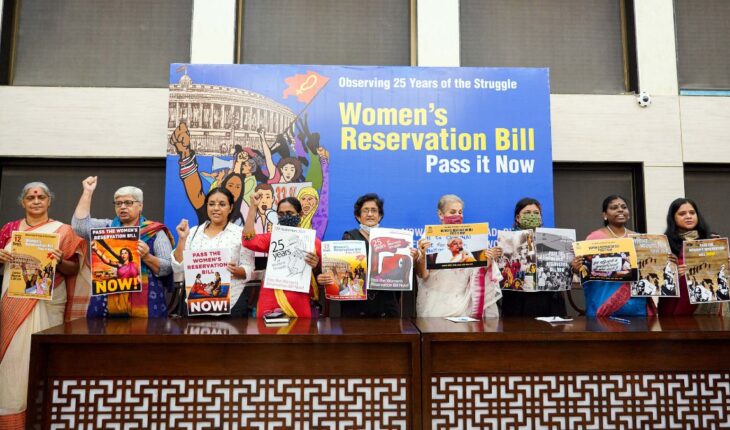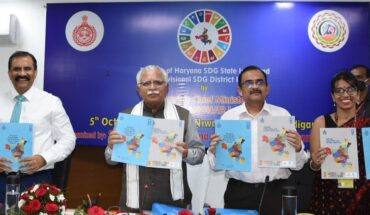The recent passage of the women’s reservation bill in the Lok Sabha, nearly three decades after its initial introduction, is a monumental step towards dismantling the political glass ceiling that has long overshadowed Indian politics. The current representation of women in the Lok Sabha, a mere 15%, underscores a glaring gender disparity in our political landscape. The Nari Shakti Vandan Adhiniyam, or the 128th Constitution Amendment Bill, aims to rectify this by reserving a third of the seats in both the Lok Sabha and legislative Assemblies for women, albeit with a 15-year sunset clause. The commendable decision to make this the first bill introduced in the new Sansad Bhavan speaks volumes about the importance of this issue. However, the celebration is somewhat tempered by the fact that its implementation is contingent upon delimitation and the Census. Linking the bill’s execution to delimitation is perplexing, as the principle of reserving seats for women transcends the territorial boundaries of constituencies. Consequently, the 2024 general election will not witness the 33% reservation for women. Furthermore, while the bill ensures that a third of the seats reserved for Scheduled Castes and Scheduled Tribes are allocated to women, the demand for an internal quota for women of Other Backward Classes should not be a pretext for further delays. The objective should be clear: genuine representation, not mere tokenism. As of now, the broader picture remains concerning. Women in India grapple with limited access to health, nutrition, and education, face unsafe environments, and are increasingly excluded from the workforce. Among the G-20 nations, India’s female labor force participation is alarmingly the lowest. India, a nation that granted women voting rights from its inception, must not waver in ensuring enhanced political representation for them. For holistic growth and transformative change, women’s voices must resonate in the corridors of power.
Empowerment awaits: Women, claim your rights!
Published Date: 23-09-2023 | 6:17 am





